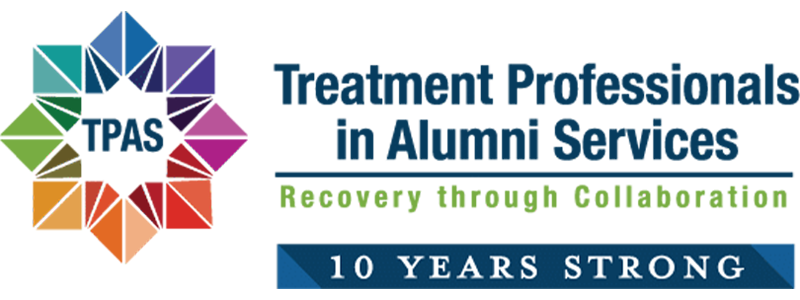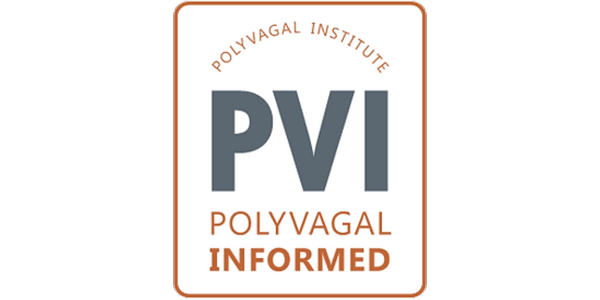Substance abuse knows no bounds. It can affect people who are close with their families, tear apart parents from their children, and very frequently cause divorce. But, once the family member decided to get help for their addiction, can the trauma be healed? Keep reading to learn more about family healing and whether families broken apart by substance abuse can heal themselves.
Family Healing in a Family Program
You have likely heard the phrase, “addiction is a family disease”. It can ravage entire family units and be the cause of a lot of heartaches. When a loved one in the family goes off to recovery, it can leave the rest of the family picking up the pieces and feeling resentful—even though their loved one is getting the help they have always wanted them to get. This makes choosing a treatment center that offers a family program all the more important.
Addiction can cause a host of issues in a family unit. These include:
- Divorce
- Abuse
- Trauma
- Breakdown of communication
- Dishonesty
- Broken trust
- Disrespect
- Volatile situations
- Financial hardship
All of these things can be enough for someone to want to cut ties with their loved one. However, it is important to try your best to work through the issues so that your family can thrive once again. Repairing bonds, breaking cycles, and working through resentment can be done together in treatment.
Learning Support
One of the things that is very difficult for family members is to offer support to their loved one who has been suffering from addiction, especially if they have caused negative consequences personally to their lives. How do you forgive and offer support and love to someone who has done so much damage to your family? The answer is through family healing programs.
The simplest way to offer support to your loved one is by just being there and being part of their treatment. By actively participating, you will be able to learn more about:
- The disease of addiction and what to expect
- Triggers and tools to help manage them
- Enabling behavior and how to stop it
- Your loved one’s root cause and how to help work through it
- Signs and symptoms of relapse to look for
Establishing Ongoing Care Together
One of the essential parts of family healing is establishing an ongoing care plan with your loved one and their care team. Just because your loved one has finished their treatment, stay at a luxury treatment center doesn’t mean the help and guidance ends. Some of the things you can establish before your loved one returns home includes:
- Boundaries with your loved one. Setting boundaries is critical in assisting with your loved one’s recovery. If they use, they need to go immediately to treatment—non-negotiable. If they’re home past curfew, they need to be drug tested. If they cause another volatile situation, they need to move out.
- Boundaries with the family. You may not know it, but some things in the home may add to your loved one’s triggers. Boundaries go both ways, and some that they may want to establish with you include not keeping alcohol in the home, not drinking or using around them for some time, or finding better ways to communicate with them.
- Ongoing treatment. What does recovery continue to look like after your loved one’s treatment stay? Will they live elsewhere for a while, continue going to outpatient meetings, or return home? This will all be established with your loved one, the family, and their care team.
- Rebuilding bonds. One of the essential parts of ongoing care, once treatment is over, is actively working on repairing bonds. This can begin with a promise to attend your child’s sports games and following through or making ice cream cones on Sundays a routine.
About The Pointe Malibu Recovery Center
At The Pointe Malibu Recovery Center, family therapy is supported by our team of leading addictionologists and psychiatrists, therapists, and licensed addiction specialists. This enables us to closely observe family dynamics and adjust the program to fit your specific needs and circumstances. Every family session is geared to heal emotional wounds, address differences, clarify misconceptions and enhance understanding. We always encourage family members to see substance use as the disease that it is. Through this consensus, all parties can work more effectively toward re-establishing the love and trust that has been compromised.
We believe that the family setting provides the perfect forum as an ideal starting point once you have completed detox. It’s not unusual for family members and other close loved ones to at first feel everything from distrust and anger to guilt, fear – even a sense of helplessness. After all, this is a very challenging time for everyone. By encouraging sincere, honest discussion, we can keep those feelings from simmering and begin that transition to more positive emotions.
The primary intent is to open a good line of communication between you and your family of choice. Our clinical team relies on its years of training to ensure that discussions are straightforward and honest yet always civil. During these revealing moments, many of our clients begin to realize not only what has been lost but how much more there is to gain. The powerful insights developed from these sessions form the basis for relevant, effective recovery strategies.
If you’re ready to start your family’s journey to long-lasting recovery, we are here for you.





